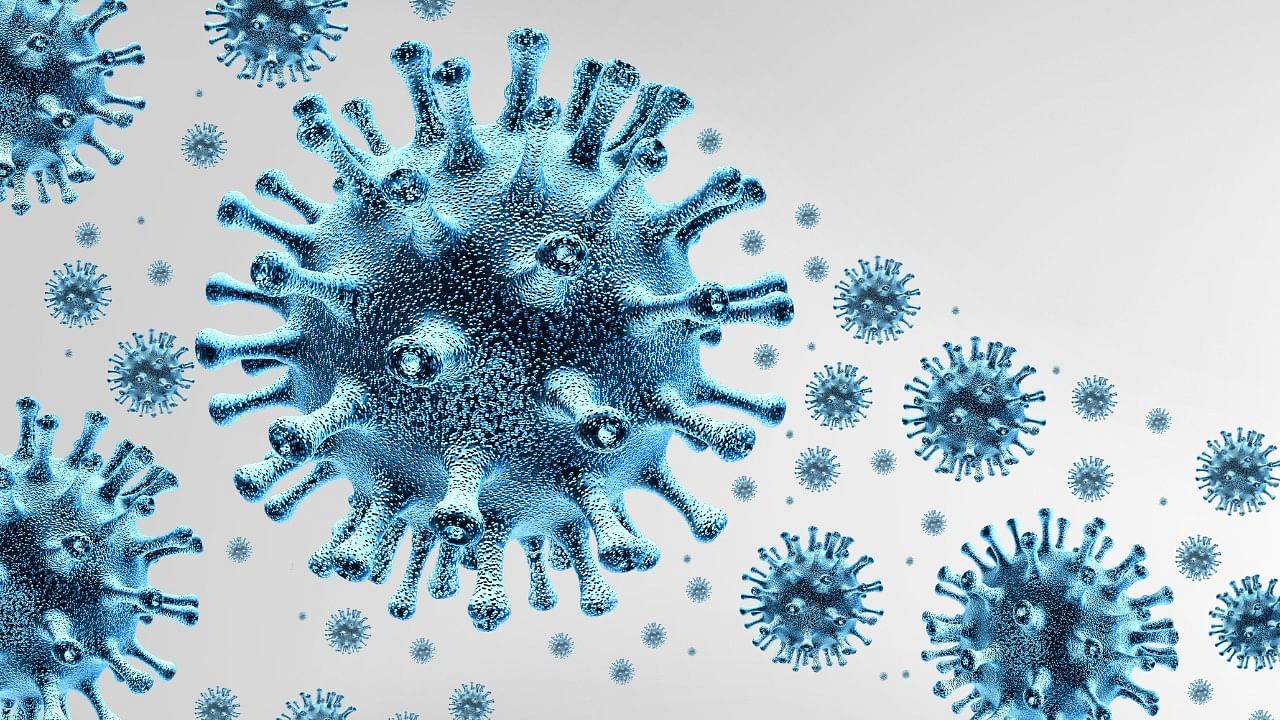
Researchers with the prestigious Indian Institute of Technology-Madras (IIT-M) have developed an online open-source database of coronaviruses’ neutralising antibodies encompassing crucial features such as binding affinity and neutralisation profiles of antibodies.
The database called ‘Ab-CoV’ contains detailed information about all Covid-related antibodies identified so far, including the source of each antibody, and the viral protein(s) and virus strains they recognise. ‘Ab-CoV’ can also aid in the development of drugs against new variants of SARS-CoV-2.
Ab-CoV database includes 1,780 coronavirus-related antibodies including 211 nanobodies and contains more than 3,200 data points on half maximal inhibitory concentration (IC50), half maximal effective concentration (EC50) & binding affinity (KD), the institute said.
The research has been published in the reputed peer-reviewed journal Bioinformatics. “Some of the data in the Ab-CoV database has already been used to understand the relationship between structural features and binding affinities of spike protein-antibody complexes as well as antibody repurposing,” Professor M Michael Gromiha, Department of Biotechnology, IIT-M, said.
Ab-CoV also has a wide range of search and display options through which users can directly search and download the processed data, based on the antibody’s name, viral protein epitope, neutralised viral strain, antibody, and nanobody, the professor said, adding that it also has the option to view structures of antibodies or viral proteins in a 3D model.
The information compiled in this database assists researchers in antibody engineering, analysing immune escape for known and future variants of SARS-CoV-2, computational studies on neutralising antibodies, and relating structural features with binding affinity.
Although large amounts of experimental and computational data have been stored online to understand the virus, the emergence of new variants prompted researchers to gather new and comprehensive information. Such efforts will help to develop newer drugs and deal better with disasters that affect human health and economies, globally, the IIT-M added.